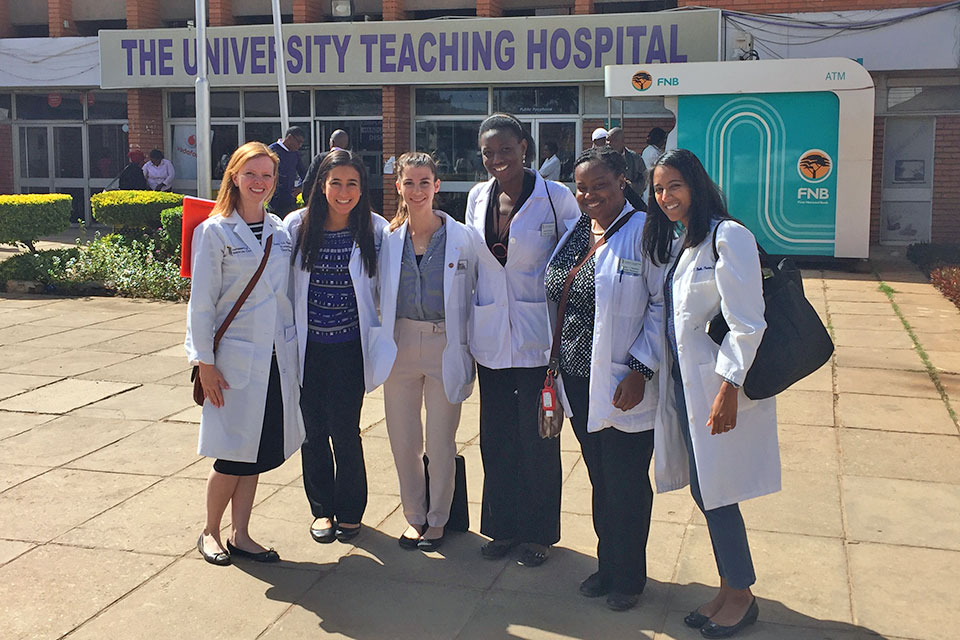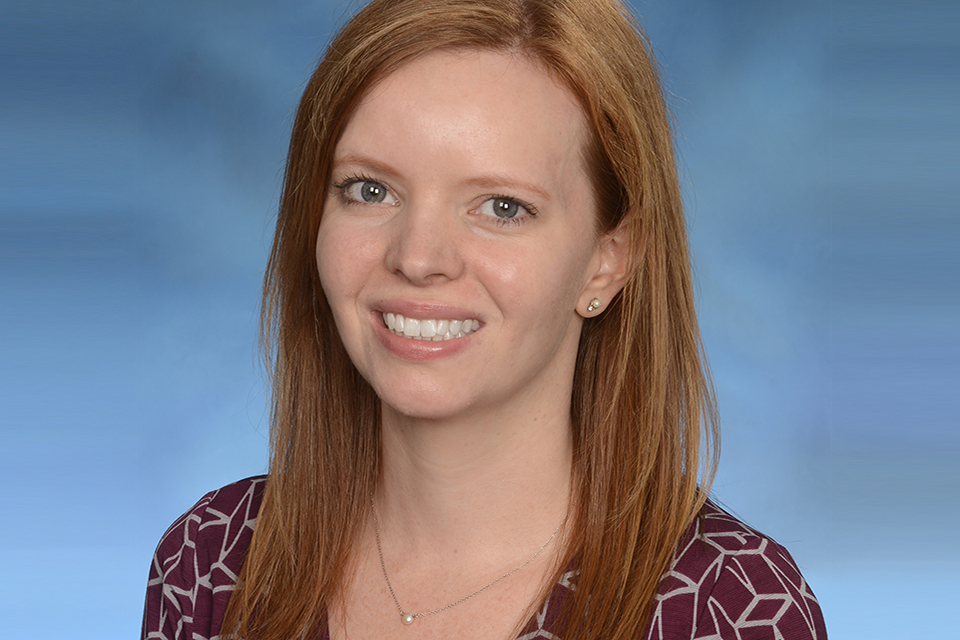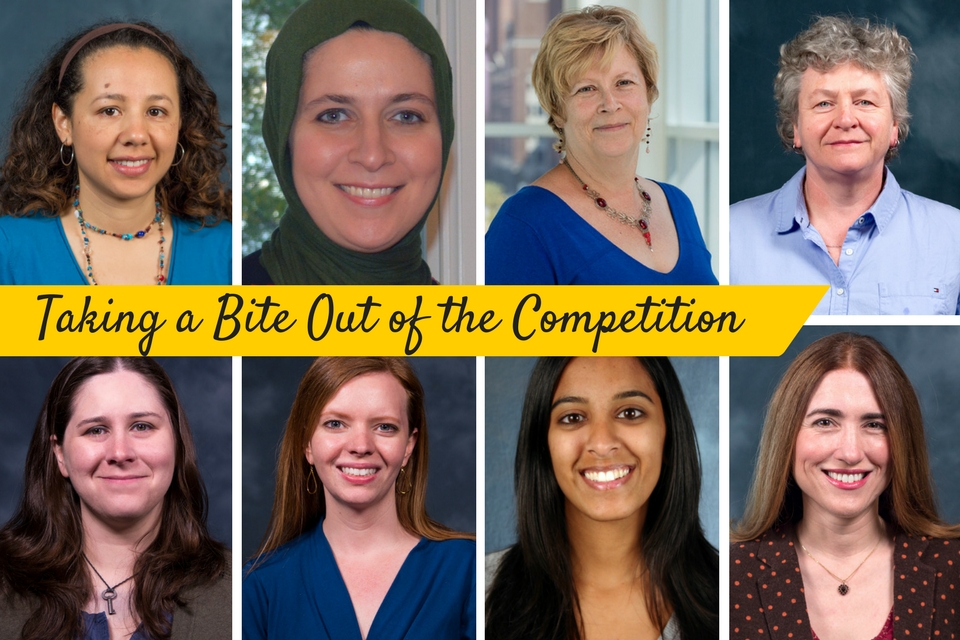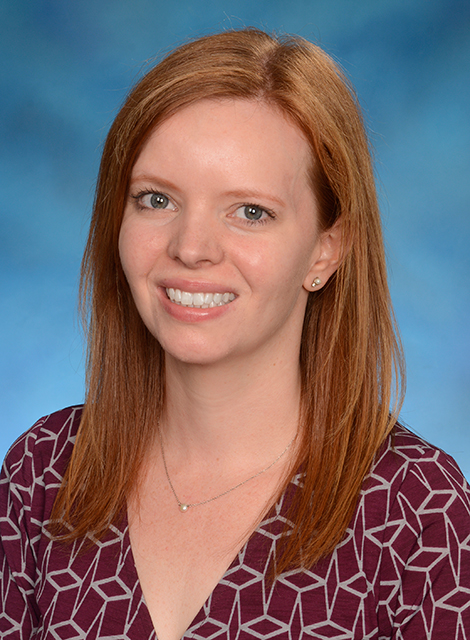SOP Faculty, Students Assess Antimicrobial Stewardship Practices in Zambia
Project led by Dr. Emily Heil addresses critical global health need and establishes new research and education opportunities for student pharmacists.

By Malissa Carroll
September 14, 2017
Emily Heil, PharmD, BCPS-AQ ID, AAHIVP, assistant professor in the Department of Pharmacy Practice and Science (PPS) at the University of Maryland School of Pharmacy, and Neha S. Pandit, PharmD, BCPS, AAHIVP, associate professor and vice chair for research and scholarship in PPS, traveled to Zambia in June as part of a new project to assess antibiotic use practices that will contribute to improved antimicrobial stewardship at the University Teaching Hospital in Lusaka.
“Antimicrobial resistance is one of the greatest threats to public health worldwide,” says Jill A. Morgan, PharmD, BCPS, BCPPS, associate professor and chair of PPS. “Health care professionals in developing countries face a myriad of unique challenges in their efforts to manage rates of infection in both inpatient and outpatient care settings. I applaud Drs. Heil and Pandit for their critical work in this field, and look forward to following their progress on this new initiative.”
Antimicrobial resistance describes a bacteria or virus’ ability to stop interventions such as antibiotic or antiviral medications from working against it, rendering those treatments ineffective and contributing to the spread of infection. Limited national data has revealed that approximately one-third of E.coli cases diagnosed in Zambia have demonstrated a resistance to even the most advanced antibiotics, as well as a high prevalence of Methicillin-resistance Staphylococcus aureus (MRSA) infection among hospitalized patients.
In 2015, the World Health Organization (WHO) released a global action plan that tasked countries with a responsibility to establish strategies to mitigate antimicrobial resistance. Antimicrobial stewardship is an evidenced-based strategy to improve prescribing practices for antimicrobials and is essential to the antimicrobial resistance crisis. An antimicrobial stewardship program would monitor and promote the optimization of antimicrobial medications at the University Teaching Hospital by ensuring that patients receive the right medication at the correct dose for the optimal amount of time.
Heil and Pandit’s first trip to the University Teaching Hospital was an exploratory visit to assess current antimicrobial use practices and establish a foundation on which to conduct further research and implementation of antimicrobial stewardship initiatives.
“Although all hospitals in the United States are required to have formal antimicrobial stewardship programs, similar efforts are still very much in their infancy in countries with limited resources,” says Heil. “Our first visit to Zambia provided us with an opportunity to survey the situation in-person and understand how health care is delivered in both inpatient and outpatient settings. We also identified potential areas of improvement that we can address during future visits.”
In addition to contributing to antimicrobial stewardship in the hospital, this project also establishes new international research and education opportunities for students across the University of Maryland, Baltimore (UMB). For their first visit, Heil and Pandit were joined by two student pharmacists from the School’s Doctor of Pharmacy (PharmD) program, as well as a student from the University of Maryland School of Nursing. The students had an opportunity to participate in interdisciplinary rounds on the hospital’s infectious diseases consult team, assist faculty in educating hospital staff about antimicrobial stewardship, and lead a quality improvement project focused on the timing of antibiotic administration in the hospital.
Heil previously received a $5,000 seed grant from the UMB Center for Global Education Initiatives to help cover travel costs associated with this visit.
“Having the opportunity to observe how health care delivered in a developing country, and witness first-hand the obstacles that health care professionals must overcome to care for their patients is a tremendous learning experience for our students,” says Heil. “Students go into these experiences wanting to have a meaningful impact on the individuals that they serve, but often learn much more than they give. I hope the lessons that our students learned during their time in Zambia stay with them forever and influence not only their education, but also their future practice.”
Visit the School of Pharmacy’s blog, Inside SOP, to read reflections from third-year student pharmacist Gloria Rinomhota about her time in Zambia.
Heil and Pandit plan to return to Zambia in the near future, where they will use the results of the students’ quality improvement project to evaluate potential measures for inclusion in the hospital’s antimicrobial stewardship program.



